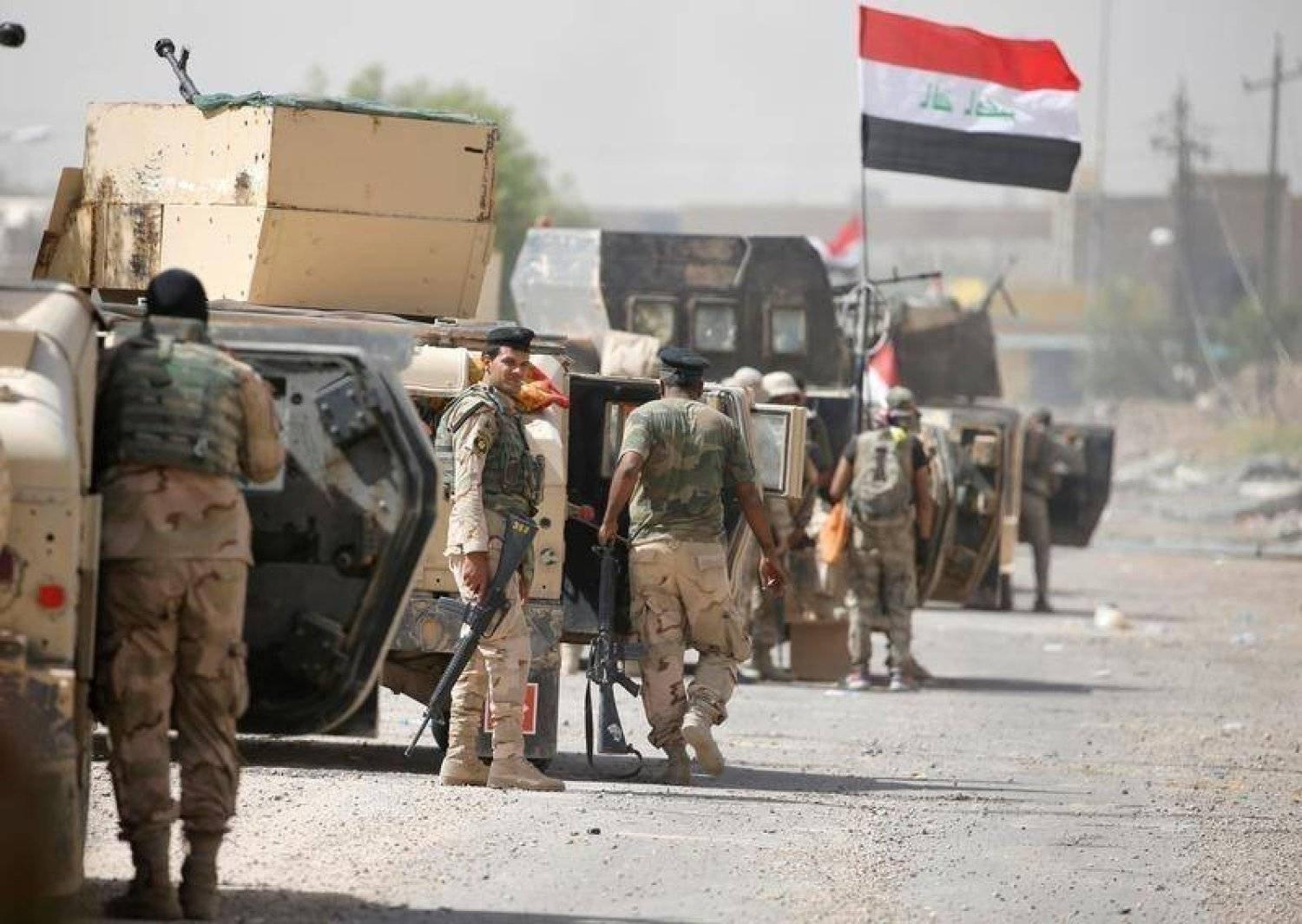
Confessions of Captured Iraqi Daesh Member Uncover Mass Grave in Fallujah
The official spokesman for the Iraqi Security Service, Arshad Al-Hakim, announced on Sunday that the authorities have found the remaining bodies of the victims of Al-Musalaha mass grave, located in Fallujah.
This discovery comes after the Iraqi forces captured a senior Daesh leader, known as Abu Hiba, in Anbar, officials reported.
Abu Hiba allegedly admitted his role as the security official for the Fallujah district under Daesh control and disclosed the location of a mass grave in Fallujah’s Al-Musalaha cemetery.
The grave contained bodies of security personnel and civilians, with five individuals found, two of whom have been identified.
“The number of victims found aligns with Abu Hiba’s confessions,” Al-Hakim stated.
Investigations are underway to identify the remaining victims.
Abu Hiba’s arrest follows a months-long intelligence operation conducted by the security services in Iraq, which also uncovered the location of the mass grave, the spokesperson said.
Fallujah, one of the most important cities in the western Anbar Governorate, emerged among the largest strongholds of opposition to the regime established by the United States in Iraq in 2003. The city was the main incubator of terrorist and extremist groups from Al-Qaeda, and later ISIS, but today it is considered one of the calmest cities in the Anbar area.
On a different note, a Baghdad court issued death sentences on Sunday for eight individuals charged with aiding two suicide bombers for attacks which took place in Iraq around nine years ago.
A statement from the Iraqi Federal Supreme Court said that the eight men had “confessed to transporting two suicide bombers who blew themselves up in Bab al-Sharqi area and al-Wathba Square in 2015,” referring to two popular shopping locations in the Iraqi capital.
The sentences and executions carried out by the Iraqi authorities in accordance with Article 4 of the Counter-Terrorism Law were criticized by the Special Commissioner of the United Nations Human Rights Council.
The Commissioner stated in a report submitted to the Security Council at the end of June that Iraq’s “systematic executions of prisoners sentenced to death based on torture-tainted confessions, and pursuant to an ambiguous counterterrorism law, amount to arbitrary deprivation of life under international law and may amount to a crime against humanity.”
Source » aawsat.com





